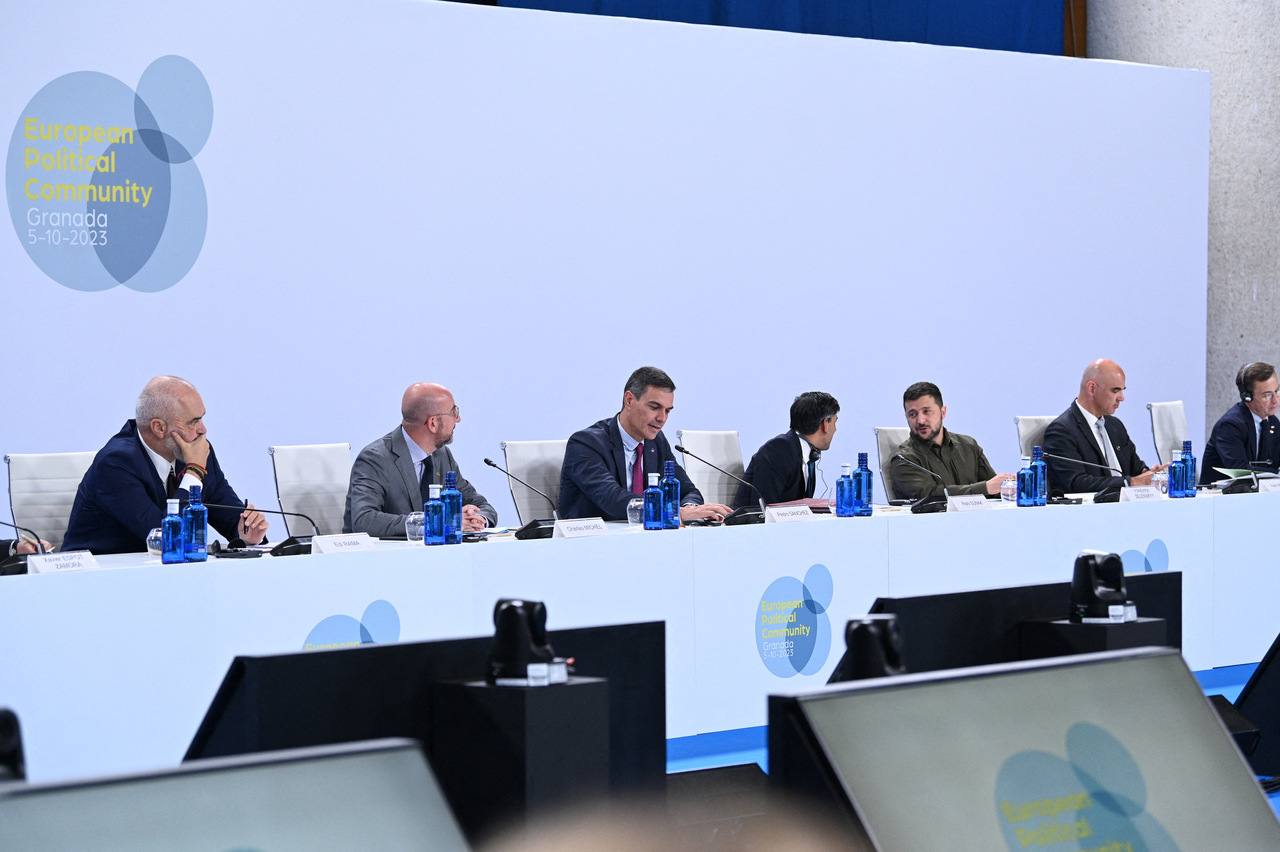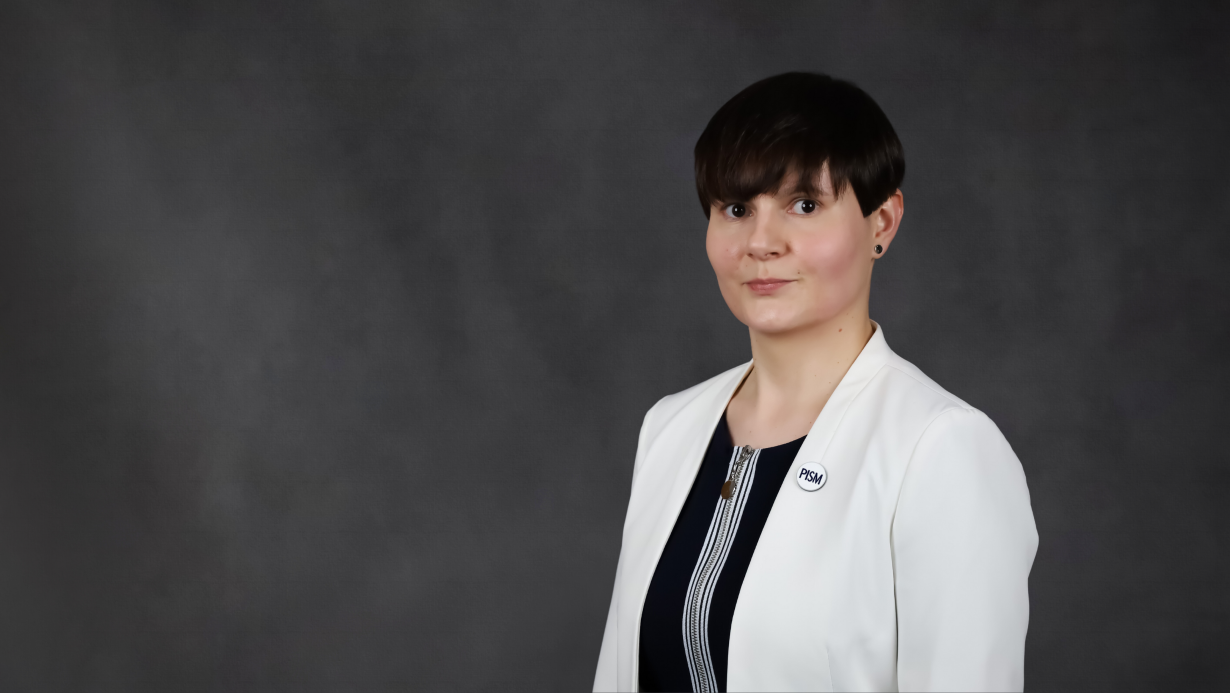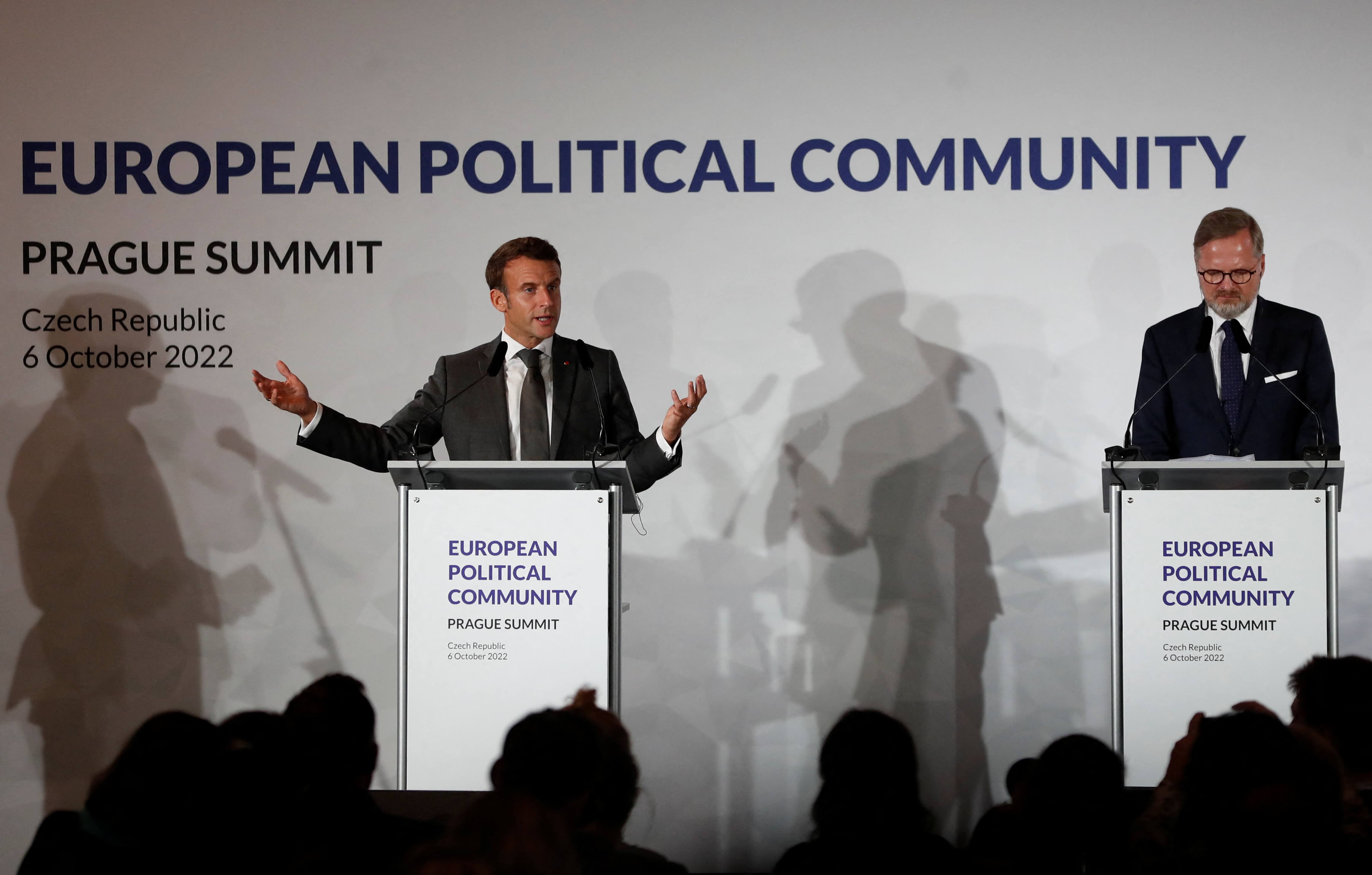Disputes Emerge at Summit of the European Political Community in Spain
On 5 October, the summit of the European Political Community took place in Spain, bringing together most of the heads of state and government of European countries. A major topic of discussion was the joint response to Russia’s full-scale invasion of Ukraine and the global consequences of the war. However, the absence of the presidents of Azerbaijan and Türkiye and the last-minute cancellation of the summit’s closing press conference undermined the forum’s ability to promote dialogue and unity in Europe.
 SPANISH GOVERNMENT HANDOUT / Reuters / Forum
SPANISH GOVERNMENT HANDOUT / Reuters / Forum
What were the objectives of the summit?
The European Political Community (EPC) Summit in the Spanish city of Granada was the third meeting of European leaders in this format. They are held twice a year, alternating between EU and non-EU countries—the previous ones were in Czechia last October and Moldova in June this year. From the outset, the main aim of the EPC was to demonstrate European unity in the face of Russia’s full-scale aggression against Ukraine. Other objectives on the agenda were formulated in general terms—focusing on strengthening Europe’s resilience and prosperity in the face of current challenges—in order to encourage the widest possible range of countries to participate. The Spanish expected that the Granada summit would help strengthen the EPC as a forum for intergovernmental cooperation. Unlike previous organisers, they also emphasised the importance of the EPC as a forum for dialogue and cooperation between the EU and neighbouring countries.
Who attended the summit and who was absent?
Leaders of 47 European states were invited to Spain, including members of the EU, Ukraine, the Western Balkans, the South Caucasus, and the UK, as well as representatives of EU institutions. The cancellation of Azerbaijani President Ilham Aliyev’s attendance dashed hopes of the first meeting with him and Armenian Prime Minister Nikol Pashinyan since Azerbaijani forces took full control of Nagorno-Karabakh. Turkish President Recep Tayyip Erdoğan was also absent. In addition to those two leaders, European Council President Charles Michel, French President Emmanuel Macron, and German Chancellor Olaf Scholz were due to attend the talks on the sidelines of the EPC, as they have done at previous summits. Aliyev, however, demanded Erdoğan participate in or organise an EU-mediated meeting in Brussels. The main reason for Aliyev’s absence, however, was France’s announcement of arms sales to Armenia.
What was discussed at the summit?
The main theme of the plenary session was European cohesion in the face of Russian aggression. Ukrainian President Volodymyr Zelensky appealed for further support, in particular for air defences to protect civilians targeted by Russian missile and drone strikes. At the same time, Zelensky warned that failure to respond decisively would allow Russia to rebuild its capabilities within five years and that would give it the opportunity to attack other European countries.
The official EPC discussions revolved around three topics. The first was digitalisation, including the issue of artificial intelligence. The second focused on energy, the environment and the green transition, with an emphasis on ensuring energy security. The third topic— multipolarity and geostrategy—was discussed in two groups, in the context of the immediate consequences of Russia’s full-scale attack on Ukraine and the resulting need to reform international institutions.
Another important issue at the summit was support for Armenia. On the sidelines, meetings took place between Pashinyan and Michel, Macron, and Scholz, as well as with Zelensky. European Commission President Ursula von der Leyen also announced a doubling of humanitarian aid to Armenia to €10.4 billion and the allocation of €15 million for the ongoing social and economic challenges of refugee reception from Nagorno-Karabakh.
What are the prospects for the continued functioning of the EPC?
The EPC summits, due to the informal nature of the talks, do not end with official arrangements. However, it has been the practise to hold a press conference to take stock of what has been achieved and to hand over the organisation of the next EPC summit to the following country. However, Prime Minister Pedro Sánchez of Spain and Prime Minister Rishi Sunak of the United Kingdom, where the next summit will take place, argued during the summit over the official agenda that left no room for discussion of migration. The issue was due to be discussed a day later during a meeting in the format of the European Council, but the post-Brexit UK, which has no influence on the shape of the EU’s talks, demanded that it also be included during the EPC. As a result, Sunak’s meeting with the leaders of Italy, the Netherlands, France, Albania, and the European Commission took place on the sidelines of the summit, after which a joint statement on migration, including combating smuggling, was issued. The EPC’s low potential was also exposed by the disputes between Serbia and Kosovo that kept any meeting from happening between the leaders of the two countries, as President Vjosa Osmani of Kosovo made the imposition of sanctions against Serbian President Aleksandar Vučić a condition for further talks. Given the growing political disputes, the commitment of European states to constructive talks at the next EPC summit in the UK is therefore uncertain. For Poland, however, it is crucial that European states maintain consistency in the approach to Russia and support for Ukraine, and these issues were the only point of common ground between the European leaders.




.jpg)
.jpg)